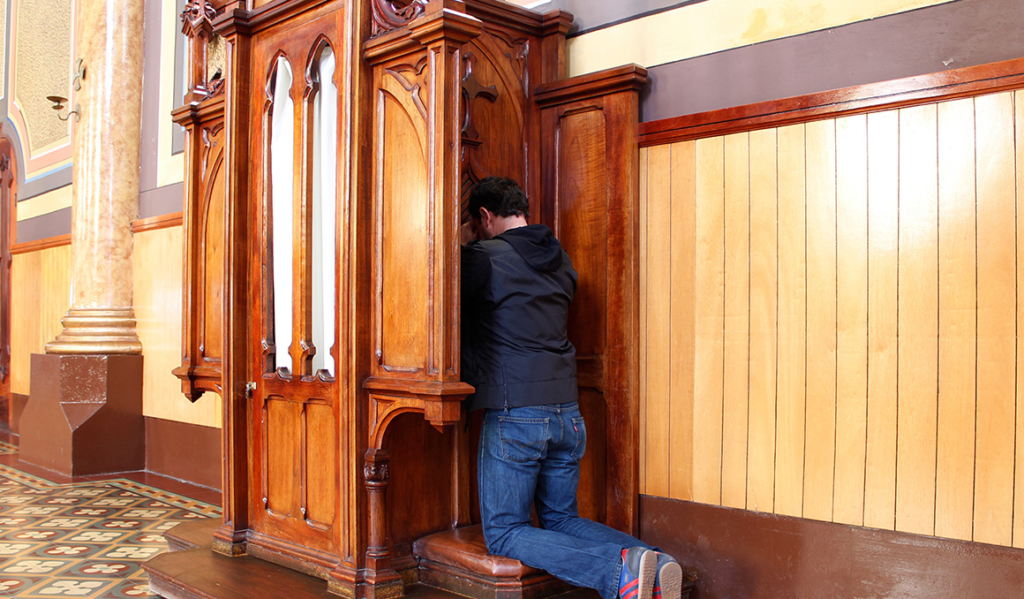On July 27, 2025, Washington Senate Bill 5375 is set to take effect, significantly altering the state’s approach to clergy-penitent communications. The new law amends Washington’s mandatory reporting statute to explicitly include “members of the clergy” as mandated reporters of suspected child abuse and neglect, without exception for information disclosed in religious confession. It also strips clergy of the ability to rely on traditional evidentiary privileges as a defense for not reporting. See Wash. Rev. Code § 26.44.030(1)(a).
This legislation represents a sharp break from historical practice. Most states have long honored the confidentiality of sacramental confession, recognizing the clergy-penitent privilege alongside protections such as the attorney-client and therapist-patient privileges. Washington’s law, by contrast, offers no carve-out for religious confession. A proposed amendment that would have preserved such protection, Senate Amendment 71, was considered and explicitly rejected by the legislature, signaling an intentional decision to target religiously privileged communication. See S. Amend. 71 to SB 5375.
The law's enactment has triggered a constitutional challenge in federal court. In Etienne v. Ferguson, Catholic dioceses and individual priests allege that SB 5375 violates the Free Exercise Clause of the First Amendment and the Equal Protection Clause of the Fourteenth Amendment. On June 23, 2025, the U.S. Department of Justice filed a motion to intervene, arguing that the statute imposes a unique and unjustifiable burden on Catholic clergy.
According to the DOJ, the law is not neutral or generally applicable, it singles out clergy for disfavored treatment while continuing to respect analogous privileges in secular contexts. The DOJ asserts that SB 5375 fails strict scrutiny because it is not narrowly tailored to advance a compelling governmental interest. The Department also raised concern that this legislation could have a chilling effect on the sacrament of confession, dissuading Catholics from seeking spiritual reconciliation out of fear their words may be disclosed to authorities.
The core religious concern centers on the seal of confession, a doctrine considered inviolable within Catholic teaching. The Catechism of the Catholic Church provides that “[a] priest who hears confessions is bound under very severe penalties to keep absolute secrecy regarding the sins that his penitents have confessed to him.” A priest who directly violates this secrecy incurs automatic excommunication, one of the most serious penalties in canon law. See Catechism of the Catholic Church § 1467. For Catholic clergy, obedience to this principle is not optional; it is a sacred, binding duty.
On July 4, 2025, Bishop Robert Barron of the Diocese of Winona-Rochester filed an amicus brief in support of the plaintiffs, speaking on behalf of the Catholic bishops of Washington. He emphasized that the law places priests in an untenable position, either violate Church law and commit a grave sin or risk criminal liability under state law. Bishop Barron argued that the legislation fundamentally misunderstands and undermines the theological and canonical significance of confession in Catholic life.
As the court considers whether to block the law before it takes effect, Etienne v. Ferguson raises far-reaching questions about the limits of state power when it collides with deeply held religious doctrine. A ruling in favor of the plaintiffs could reaffirm broad First Amendment protections for religious sacraments. A ruling in favor of the state could embolden similar legislation elsewhere and challenge long-standing constitutional norms.
We here at Airdo Werwas understand the importance of the intersection between faith and the law, and we are closely following this case as we remain committed to defending the constitutional rights of religious institutions and clergy.
If you have any questions about the legal implications of this case or other matters relating to protections for religious institutions, please contact the attorney with whom you regularly work at Airdo Werwas, LLC, or reach out to Michael A. Airdo at mairdo@airdowerwas.com or Felicia Owen at fowen@airdowerwas.com.
We gratefully acknowledge Associate Attorney Yuri A. Klinkenbergh (yklinkenbergh@airdowerwas.com) and Law Clerk Michael P. Jekot (mjekot@airdowerwas.com), an incoming law student at Loyola University Chicago, whose research and writing contributed to the preparation of this blog.


